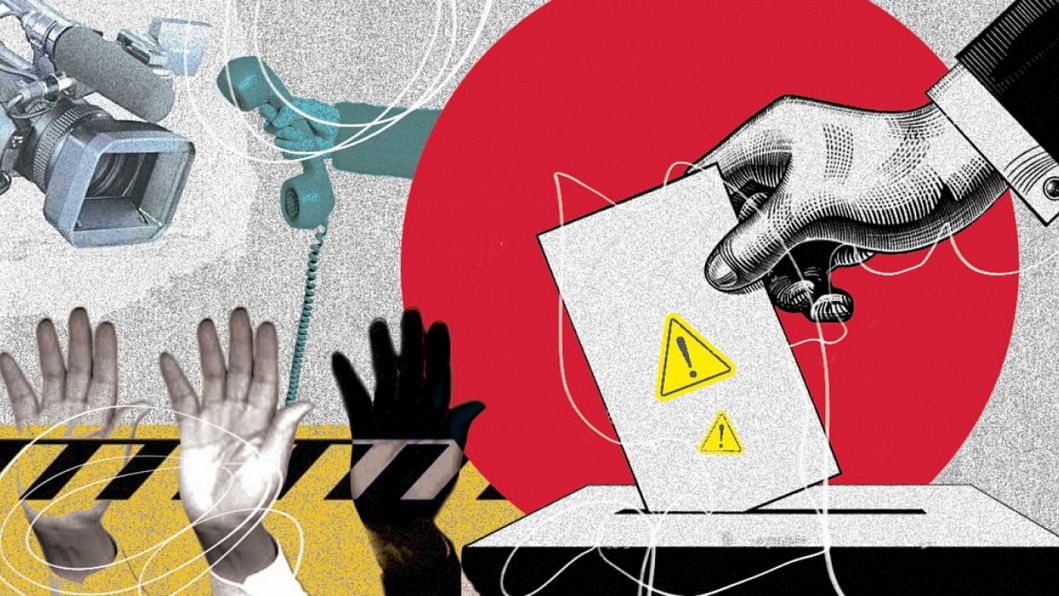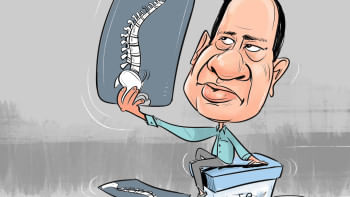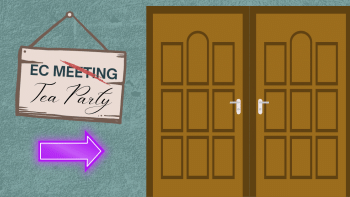Free and fair elections: A far-fetched dream or a possible reality?

Fifty-one years ago, Bangladesh was founded on many noble principles such as nationalism, socialism, democracy, and secularism. Without oversimplifying, to a large extent, the truth remains that the 1971 revolution and the plight of the Mukti Bahini were rooted in anger against a very real threat to democracies around the world: Unfair elections.
In December of 1970, the Awami League won an absolute majority of the seats in the constituents' assembly elections. Sheikh Mujibur Rahman's party won 167 of the 169 seats assigned to East Pakistan in the National Assembly; this gave the AL an overall majority in a chamber of 313 members. Sheikh Mujib and the AL party had the constitutional right to form a government and, if all was fair, Sheikh Mujib would have served as prime minister for the entirety of Pakistan. This would then have allowed the AL to implement its six-point programme, meant to provide a constitution that would be fair to both wings of Pakistan.
But Zulfikar Ali Bhutto, the leader of the Pakistan People's Party, refused to allow Sheikh Mujib to become the PM, instead proposing that Pakistan should have two prime ministers, one for each wing. This incident triggered Bangladesh's War of Liberation. Looking back, it should also have set precedence for the people's right to elect its candidate and its leaders' right to be elected.
Bangladesh as a nation was founded on a key principle of fair democracy. Five decades ago, an independent country was built on the belief that elections are a reflection of the people's desires. When the people were not heard, the people revolted. Because after all, what is a democracy, if not a reflection of the people's wants? This brings one to question what our politics look like today and this history should be a reminder that politicians serve us, not the other way around. Politicians should always be a reflection of the people's choice.
Today, because elections are a preplanned ordeal and political campaigns are almost non-existent, politicians rarely interact with the common people – largely because they don't have to. Complex democracies require politicians to interact, to be well-liked, propose new policies, garner the most votes and, most importantly, be held responsible by the people. But at times, Bangladeshi politics, from the outside, looks like a chess game being played by the ultra-rich, and it's time for a change.
For much of Bangladesh's history, election tampering has taken place. The first general election took place in 1973, and as one foreign journalist wrote, "Sheikh Mujibur Rahman would have won handsomely even if the election had been conducted by the United Nations and supervised by the Red Cross." Despite this truth, the legitimacy of the electoral mandate has been compromised by a handful of AL workers who "resorted to strong-arm methods, and false ballots in their desire to win all of the seats of government."
The issue this country faces is not a lack of active political participation; people want to vote. There are millions of young people that are ready to use the political process to see their country grow and develop in a better direction. The issue is that voter registration is difficult and elections are determined by party leadership before an election even takes place.
As we approach the next general election, it is worth asking ourselves: In a country that was born in response to an unfair election, why is it so hard to conduct a fair one?
Alifa Chowdhury is an undergraduate student studying Political Science and South Asian Studies at the University of Michigan, Ann Arbor, USA.
The above article does not endorse any particular political party. It strictly serves as a critique of electoral practices in Bangladesh.

 For all latest news, follow The Daily Star's Google News channel.
For all latest news, follow The Daily Star's Google News channel. 







Comments